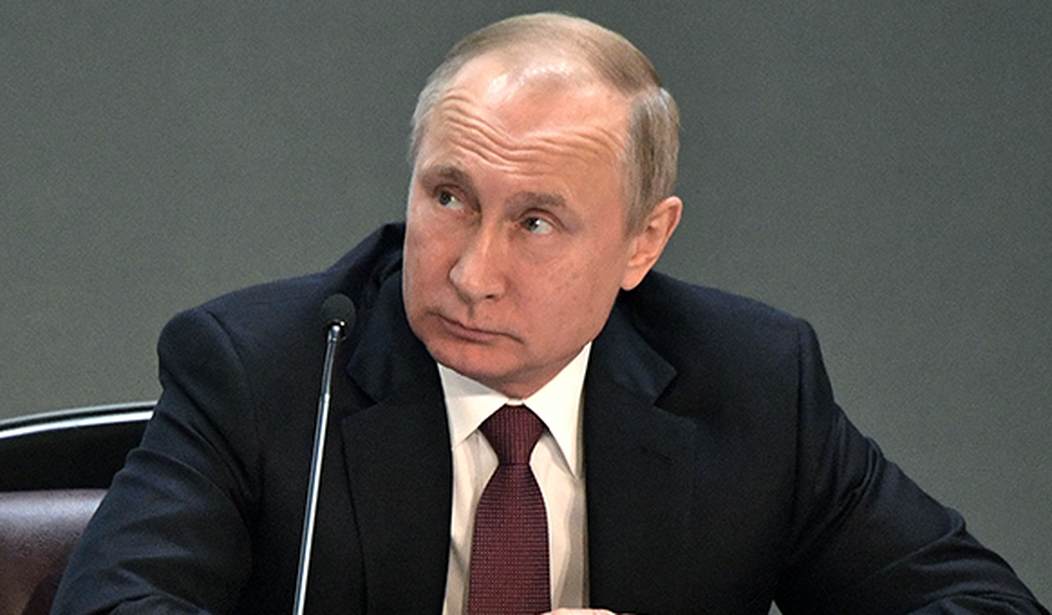Would you buy a coronavirus vaccine dose from Vladimir Putin?
If it works, who cares?
Russia’s President Vladmir Putin has announced that Russia has become the very first country in the world to approve a vaccine against the coronavirus. China may already have a vaccine, but they aren’t saying so.
Nevertheless, despite the great news, many scientists are skeptical.
The news has been met with strong skepticism, with experts raising concerns that the experimental vaccine has yet to complete clinical trials designed to test its safety and effectiveness.
Putin promoted the new vaccine — which Russia dubbed Sputnik V — by saying it works “effectively enough” and was “proven efficient.” Yet by skipping Phase 3 trials, which are crucial to showing that a vaccine candidate can successfully prevent infections and not produce serious side effects, it’s too soon to know if this or any potential vaccine is ready to be rolled out.
First of all, the name of the vaccine should be a tip-off. Sputnik was the very first artificial satellite into orbit. It shocked the world, and especially the United States, which was just getting around to using the Nazi scientists we smuggled out of Europe after World War II to build our own rocket program. Sputkink lives on in Russian lore as part of the “glory days” of the Soviet Union.
Do you think Putin is trying to tell us something?
“The Russian vaccine gamble is reckless and foolish, whether ‘it works’ or not,” Francois Balloux, a systems biologist at University College London’s Genetics Institute in the U.K., wrote Tuesday on Twitter.
And Trump no doubt wishes he had beaten Putin to the punch. The U.S. has fast-tracked three different vaccines hoping that one of them will pan out and could have approved one or more by now — if we had the moxie (or stupidity) to send them to market without adequate testing.
Putin’s description of the vaccine being “effective enough” is also significant. Many experts believe that the best we’ll be able to get from a vaccine without years of testing and tweaking is about 70 percent. We don’t know what Russia’s minimum-effectiveness target was but if it’s not close to 70 percent, we’re being played.
Some scientists are worrying that a failed attempt by Russia might embolden anti-vaxxers and feed the general skepticism that has been fostered by bad science during the pandemic.
One of the biggest concerns about approving a new vaccine before clinical trials are complete is that it could jeopardize public trust in the vaccine development process, according to Ayfer Ali, an assistant professor of strategy at Warwick Business School in the U.K., who specializes in drug research.
“There’s a lot of mistrust of vaccines for various reasons and we don’t want to feed into it,” she said. “Being first isn’t really important. If there is a vaccine that ends up having serious side effects, we will not be able to convince people to trust it, and possibly other vaccines as well, so we really don’t want to make a mistake here.”
In a statement Tuesday, the World Health Organization said it is “in touch with Russian scientists and authorities, and looks forward to reviewing details of the trials.”
I’d feel better about it if the WHO was nowhere near the process. They aren’t to be trusted. As far as the credibility of the vaccine process goes, it’s not going to get much lower. You either believe the science or you don’t. There is no convincing anyone of anything. Those who wish to be vaccinated, either by the Russian vaccine or American, will take their chances. Those who don’t get vaccinated will also take their chances accordingly.
Ain’t freedom of choice wonderful?










Join the conversation as a VIP Member